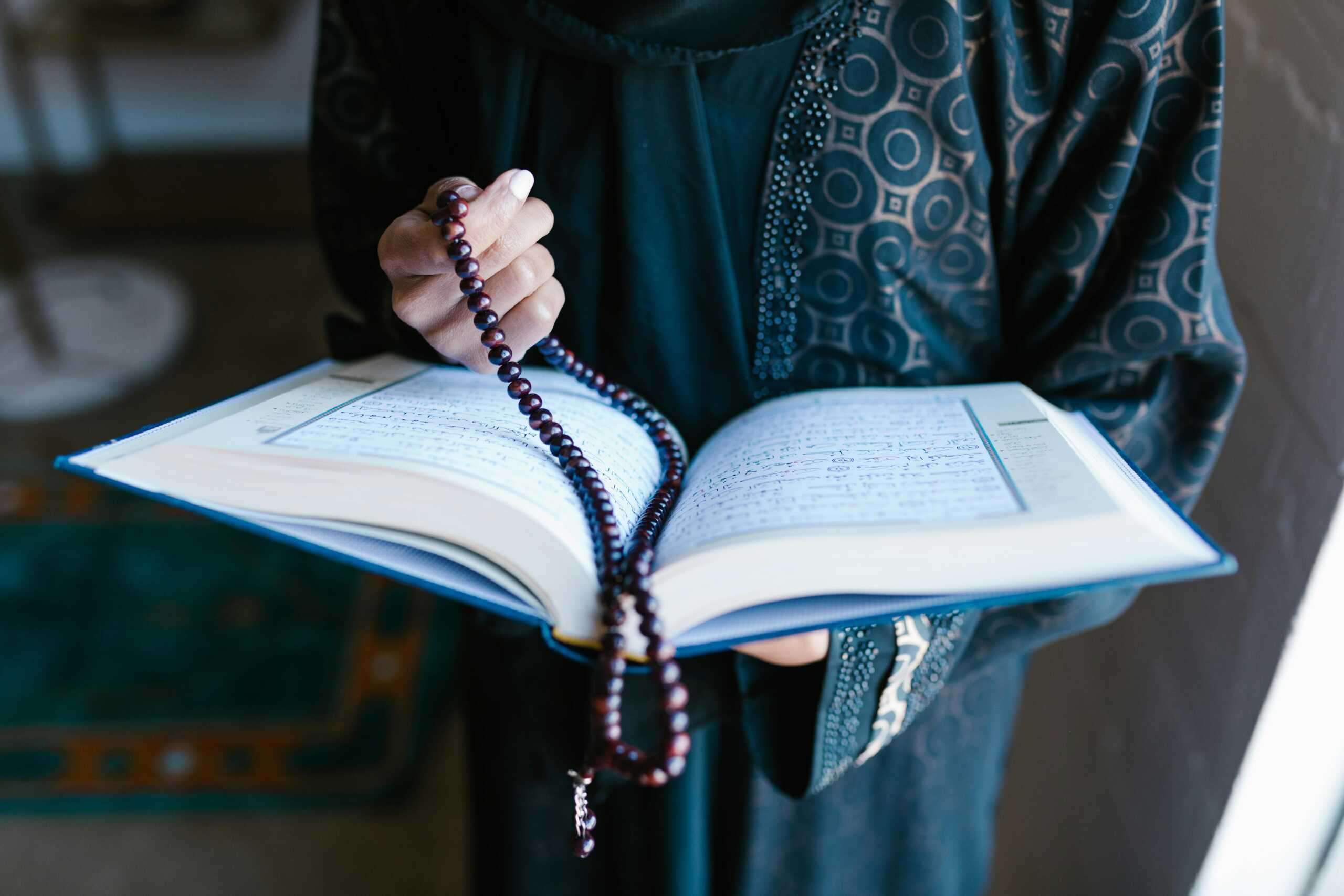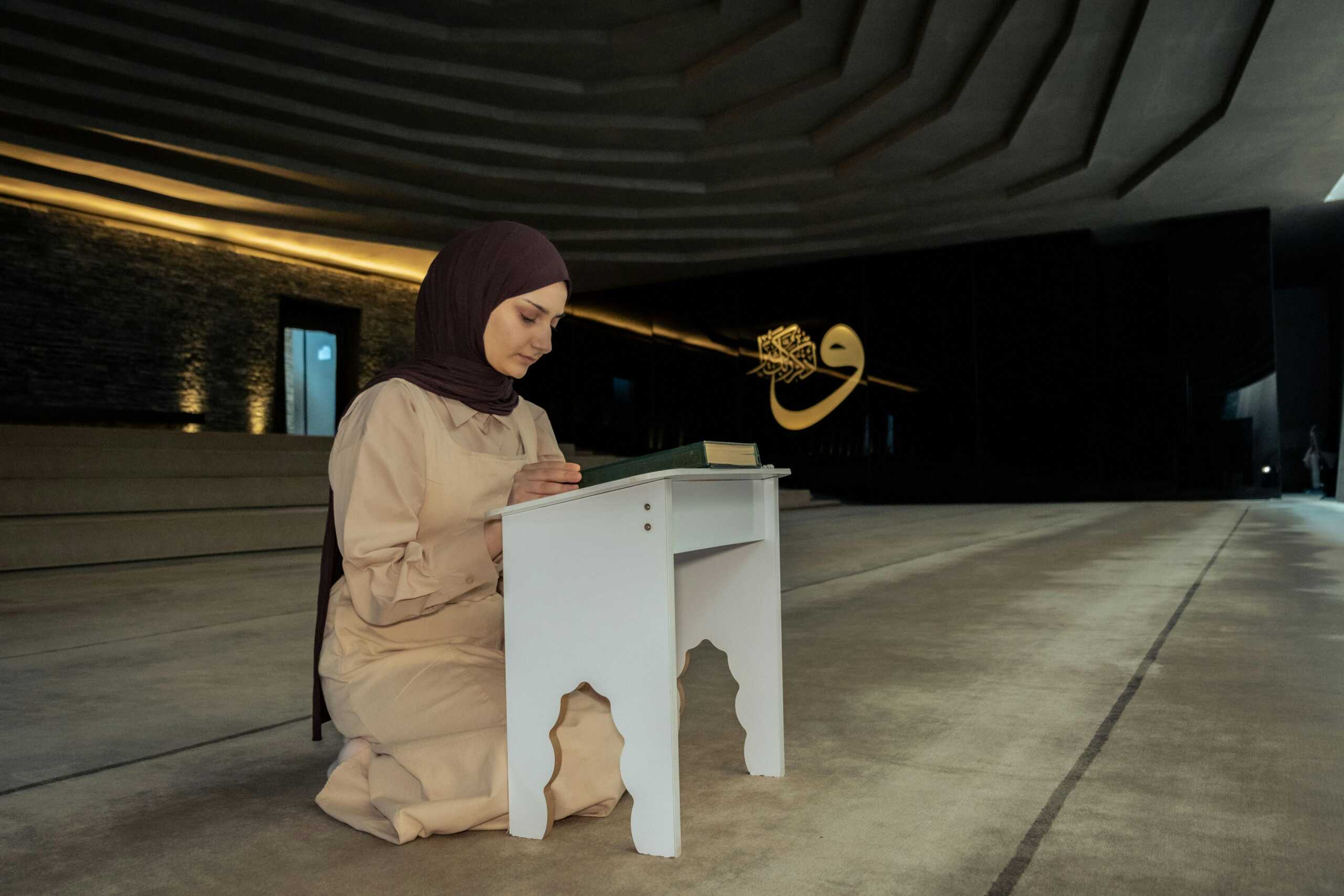ISLAM AND HONESTY
Honesty was one of the Prophet’s (PBUH) characteristics. He was called the truthful and the trustworthy.
Islam is distinguished by good manners, and it emphasizes spreading the best manners among the believers. Honesty is one of the most important characteristics a Muslim should be characterized with. Prophet Muhammad (PBUH) was described as being truthful and honest before his prophethood.
REGISTER NOWWhat is Honesty in Islam?
Honesty is defined as saying the truth without changing it. It means to do what you say and that all your deeds are identical to all your sayings. Honesty and truthfulness are considered the weapons of the believers in the battle against falsehood on earth. They are the merits of those who believe in Allah (SWT) as the only God to be worshipped and that Muhammad is the Messenger of Allah.
Honesty always gives strength, reassurance, and self-confidence to the honest person, unlike the liar who always feels afraid of being disclosed and despised by people when they find out his/her reality.
The Arabic word for honesty is “al Amanah” which means trustworthy. That is to give people their rights and to render back the belongings that are kept with you and to keep these rights for them.
REGISTER NOWKinds of Honesty (al-Amanah) in Islam
Honesty in many kinds like Amanah, in worship, in keeping properties of people, in responsibilities, in work, in keeping secrets, and in buying and selling to other people.
There are also many kinds of honesty related to the Muslim’s relation with Allah:
Honesty in Intention
That’s to make your intention pure and directed only to Allah, seeking to please Him alone. Allah the Almighty never accepts deeds unless they are intended only for Him and seek to please no one except Him.
REGISTER NOWHonesty in Sayings
It means that your sayings are always truthful and identical to your deeds. A true Muslim never lies as our beloved Prophet told us. A good Muslim should always say the truth and should abstain from changing it. A true Muslim’s sayings should be reflections of what is in his/her heart. Although the tongue is one of the smallest organs in the human body, it can lead human being to hell if it isn’t used rightfully.
REGISTER NOW
Honesty in Deeds
Honesty is when your sayings are identical to your deeds. If a true Muslim says that he/she will do something, then he/she should do it. A true Muslim should have honesty in all kinds of work he/she does. Islam imposes on Muslims to perfect what they do as Allah (SWT) likes it when one perfects his/her work. So a good Muslim should be an honest teacher who does his best to help students, an honest doctor who always helps sick people and is compassionate to the poor, and an honest engineer who performs his/her work perfectly and watches Allah in everything he/she does. Thus, honesty is an essential characteristic that a Muslim must have while doing every small or big deed because he/she knows that Allah is watching over him/her and counting every single word he/she utters.
Honesty also means to keep promises and never break them. Those who fulfil their vows and keep their promises are true believers whom Allah (SWT) promised to have mercy upon them.
Honesty and truthfulness are very connected characteristics; the honest person must be truthful and vice versa. Honesty also has a wider meaning as it also implies rendering all rights and debts back to their owners. It is one of the best manners a Muslim should adhere to. It brings a love of Allah and guarantees love and respect for people.
REGISTER NOW
Practical Forms of Honesty in Islam
In Islam, there are many forms of honesty:
– The Islamic religion is considered as (Amanah) or trusteeship that a Muslim should keep and perform perfectly seeking the face of Allah (SWT). Muslims have to call for their religion, spread it and deliver it to all people on the earth.
– Keeping secrets is honesty (Amanah), and a good Muslim should never reveal other people’s secrets. The person who keeps others’ secrets gains their love and respect. Keeping secrets maintains good relations among Muslims and brings peace to communities.
– Money is considered (Amanah) which Allah gives to the servant to be spent on what pleases Allah and benefits people.
– Children are (Amanah) and bringing them up according to the values of Islam is from honesty.
REGISTER NOW
Islam and Honesty: A Guide to Ethical Living
Discover how Islam promotes honesty and integrity, shaping a moral framework for believers and influencing their actions and interactions.
Introduction to Islam and Honesty
Islam, as a comprehensive way of life, holds honesty as one of its core values. This virtue is not only encouraged but commanded, with numerous references in the Holy Quran and Hadith highlighting its importance. Honesty in Islam transcends mere truth-telling; it encompasses integrity, fairness, and sincerity in all aspects of life, from business transactions to personal relationships. This section will explore the significance of honesty as outlined in Islamic texts and how it serves as a foundation for ethical behavior.
The Historical Context
The life of Prophet Muhammad (peace be upon him) provides the perfect embodiment of honesty. Known as ‘Al-Amin’ or the trustworthy, his life is a testament to the value placed on honesty in Islam. Additionally, the early Islamic societies were built on the principles of truthfulness and trust, which were critical in establishing the moral and social order of the time. This section will delve into historical anecdotes and teachings that highlight the role of honesty in the formation of Islamic culture and ethics.
REGISTER NOW
Honesty in Islamic Teachings
Islamic teachings provide clear guidelines on the practice of honesty. This includes conducting business with integrity, avoiding deceit and fraud, and maintaining transparency in dealings. Furthermore, honesty in personal relationships is emphasized, promoting a society built on trust and mutual respect. This section will explore the various facets of honesty as taught in Islam, supported by teachings from the Quran and Sunnah.
Honesty and Integrity
In Islam, honesty and integrity go hand in hand. Integrity involves adhering to moral principles even when no one is watching. This section will discuss the relationship between honesty and integrity, illustrating with stories from Islamic history how these virtues are interconnected and how they have guided Muslims throughout the ages.
Honesty in the Modern World
The principles of honesty and integrity are not just historical lessons but are highly relevant in today’s complex world. This section will address the challenges modern Muslims face in maintaining honesty and propose solutions based on Islamic principles. It will also highlight the role of honesty in fostering global peace and understanding.
REGISTER NOW
The Impact of Honesty on Individual Life
The benefits of honesty extend beyond moral righteousness; they have significant psychological and social advantages. This section will cover how living an honest life can lead to greater peace of mind, improved relationships, and a well-respected status in the community.
Islamic Perspective on Dishonesty
While promoting honesty, Islam also provides clear warnings about the consequences of dishonesty. This section will discuss the adverse effects of lying and deceit, both in this life and the hereafter, and the concept of repentance and forgiveness in Islam.
Role Models of Honesty in Islam
Throughout Islamic history, there have been numerous figures renowned for their honesty and integrity. This section will share stories from the lives of the Sahabah (companions of the Prophet) and contemporary Muslim role models, offering readers examples to inspire and emulate.
REGISTER NOW
Promoting Honesty in the Muslim Community
Encouraging honesty within the community requires concerted efforts. This section will outline strategies for teaching and reinforcing honesty, from Islamic education to community initiatives, highlighting the role of mosques and Islamic centers in fostering this virtue.
FAQs on Islam and Honesty
This section will answer common questions about honesty in Islam, providing clear, concise responses based on Islamic teachings and principles.
Frequently Asked Questions
1. What does honesty mean in Islam?
In Islam, being honest entails being truthful in one’s words, deeds, and intentions. In order to uphold the value of al Amanah (trustworthiness), Muslims are urged to always speak the truth, keep their word, and return what has been entrusted to them.
2. Why is honesty an important Islamic value?
One of the fundamental principles of Islam is honesty, which is also necessary to foster social trust. The fact that the Prophet Muhammad (PBUH) was referred to as Al-Amin (the Trustworthy) prior to his prophetic status demonstrates that integrity and trust are fundamental components of Islamic character.
3. What are the different types of honesty in Islam?
Islam teaches several types of honesty:
- Honesty in intention (being sincere for Allah)
- Honesty in speech (always telling the truth)
- Honesty in action (deeds match words)
- Honesty in responsibilities, worship, and keeping secrets.
4. How did Prophet Muhammad (PBUH) demonstrate honesty?
In all facets of his life, Prophet Muhammad (PBUH) exhibited integrity. He was well known for being honest and reliable, and he served as a model for all Muslims in maintaining honesty, equity, and openness.
5. What is the Arabic term for honesty, and what does it mean?
Al Amanah, which means reliability, is the Arabic word for honesty. It alludes to restoring people’s rights, protecting confidential information, and being trustworthy in all interactions.
6. How does Islam encourage honesty in everyday life?
Islam promotes integrity in personal commitments, business dealings, and occupations. Since Allah loves people who are reliable and honest in every circumstance, transparency and truthfulness are expected.
7. What are the consequences of dishonesty in Islam?
Being dishonest results in loss of respect, social disruption, and mistrust. Islam exhorts people to repent and ask for forgiveness, warning that those who lie and cheat will suffer both here on Earth and in the hereafter.
8. How can honesty bring peace and success to a Muslim’s life?
Living an honest life improves relationships, mental health, and self-confidence. It ensures long-term success in this life as well as the next, brings Allah’s blessings, and gains respect from the community.
9. Is keeping secrets part of honesty in Islam?
Indeed, in Islam, maintaining the confidentiality of information entrusted to oneself is regarded as an essential component of honesty (al Amanah). Keeping private information safe http://revoltasurbanas.medialabufrj.net/ fosters social harmony and trust.
10. Why should Muslims teach honesty in their families and communities?
Being honest reflects the true spirit of Islam, creates dependable communities, and fortifies family ties. Islamic teachings are upheld and a just, moral society is created when children are taught and practise honesty on a daily basis.
Conclusion
This final section will summarize the key points discussed and emphasize the importance of honesty in Islam. It will also offer a call to action for Muslims to integrate honesty into their daily lives, contributing to a more ethical and just world.
REGISTER NOW




